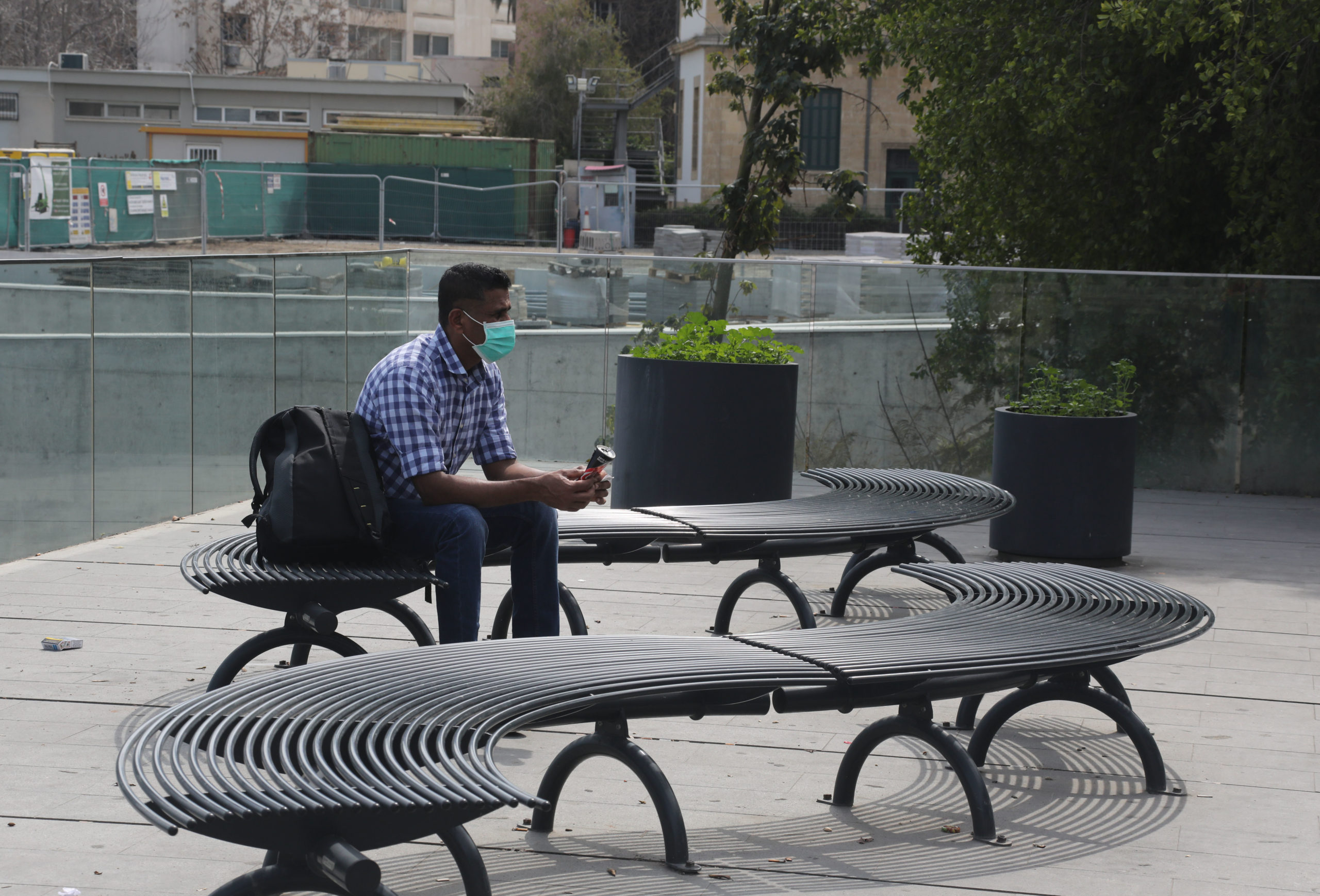Faced with the grim reality that state coffers will be depleted if the economy does not restart soon, the government is desperately trying to portray itself as the best kid on the block with a low COVID-19 infection rate and fatalities, justifying the urge to send people back to work.
It boasted as providing the best financial rescue and furlough package, with the ruling party even alleging it was probably the best in Europe.
This has backfired because it was riddled with holes, obliging the Labour Minister to admit this week that ‘mistakes were made’ and that they would be rectified.
The Health Minister has also suggested that lockdown measures could be gradually lifted from early May with a possibility that they are removed altogether in July, possibly under pressure from hoteliers and the entire tourism industry, that could face its worse fallout since the Gulf War in 1990 brought everything to a standstill.
The biggest tourism market for Cyprus is Britain, accounting for about 40% of all arrivals, a number that will diminish as Britons, too, facing an economic crunch and demoralising impact from the coronavirus, will not spend money on travel, let alone overseas holidays this year.
Over the years, rating agencies have warned that Cyprus’ economic model of tourism and services is not sustainable and that putting all our eggs in one basket was risky, at best.
The cash-for-passports package should not be revived to its earlier glory that made a few rich on the backs of the general public, because Brussels wants its recovery plan to be conditional to best practices and not tax evasion or dodgy deals.
When the Anastasiades administration announced its ambitious rescue package, which has yet to get full parliamentary approval, it had initially thought that the crisis would not reach the level it has today and that everything would be ‘back to normal’ very soon.
Now, with schools closed and the academic year shortened to two trimesters, as the Ministry of Education failed to quickly push through a distance learning programme, there is some hesitation over reopening elementary schools, as well as at higher levels, because of who will look after children of civil servants when their parents return to work.
Parents of children in private schools, however, seem to have resolved this issue, somehow, where learning continues, and exams will probably be held in June.
With the City of Dreams initially scheduled to open next year, the casino resort was seen as the crown in the jewel of Cyprus tourism, as at least 15 other new or fully refurbished hotels of all sizes are expected to start operations, if works are not delayed too long.
Already, the operator of the Larnaca mall said construction work will resume in May, suggesting that major development projects need to get off the ground, not only to get the economy restarted but to introduce a more sustainable tourism model, as are resorts and marinas.
Perhaps, now is the time to revive specialist holidays, such as religious sight-seeing and visits to the island’s flourishing wine country.
If the Cyprus economy is not back on a sustainable footing, the debt that the government will accumulate (to be paid by future generation taxpayers) will be unbearable.
Present and future administrations will owe vast amounts of debt after the crisis, that they will be unable to handle.
With tax hikes and spending cuts around the corner to keep the government machine afloat, the only consolation is if these inevitable fiscal measures will be short-term with ample aid provided to the private sector to stand on its own two feet.
After all, the private sector has been hardest hit before and also the first to recover, on its own.










